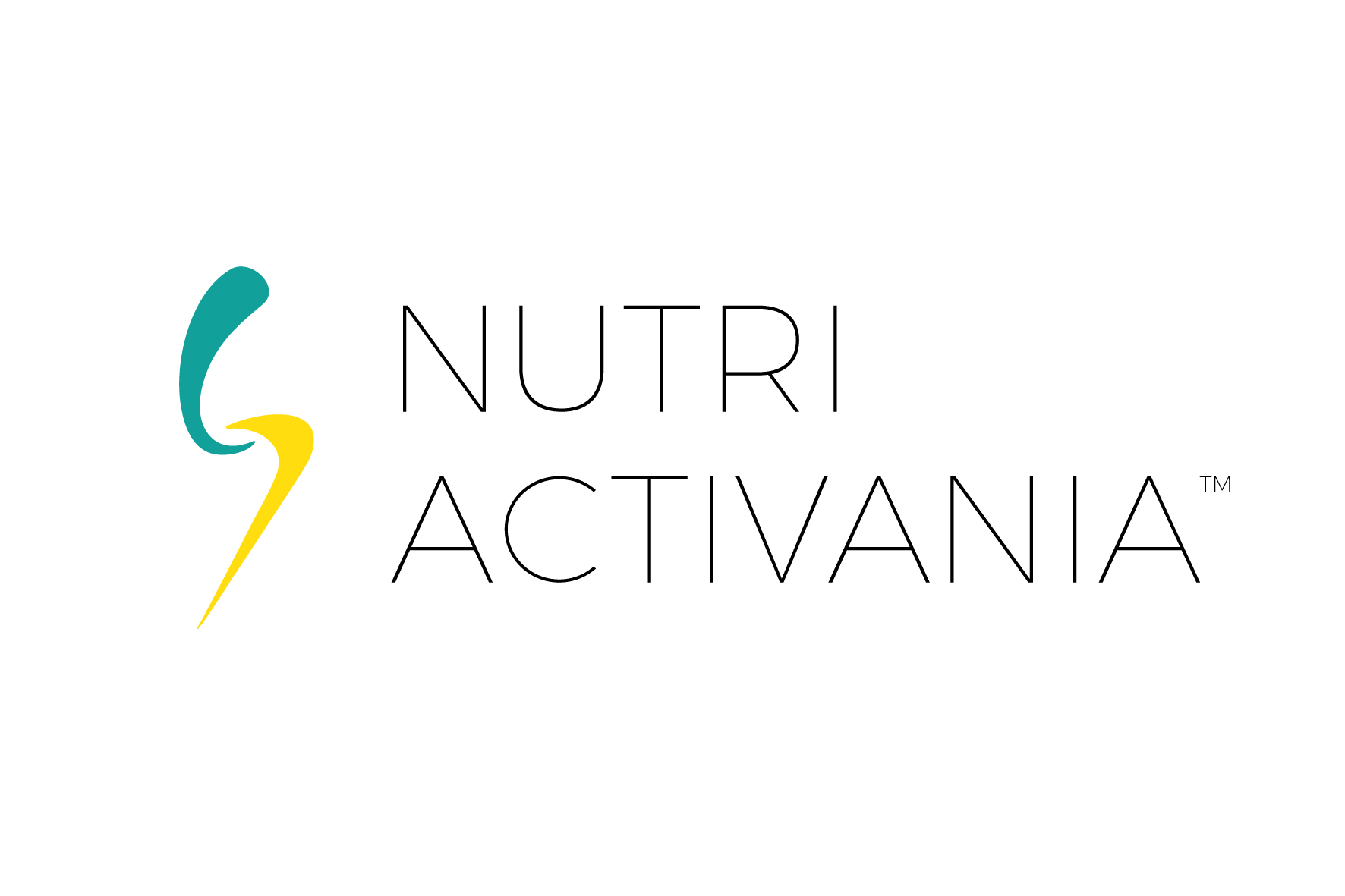It is important for endurance athletes to exercise and train regularly while overcoming mental and physical fatigue which can only be done by replenishing their nutrient and fuel stores. The damaged or injured muscle fibres have to be repaired too. Discipline while training for a long period is necessary during exercise and healthy eating habits for long-term health and performance benefits.
It is essential for an athlete to eat a carbohydrate-rich meal(1.2g/kg) and sufficient protein 2-3 hours before the exercise regimen begins. Sometimes, athletes make the mistake of not fuelling themselves adequately if their exercises start early in the morning. This is very harmful for overall health for the glycogen stores should be replenished and the required quantity of carbohydrates should be available after fasting overnight.
Vigorous exercise and training lead to muscle glycogen depletion in endurance athletes. This can be prevented only by eating healthy and on time. A decrease in muscle glycogen also results in soreness, a lack of desire to exercise, slow recovery and injury in some cases.
Endurance athletes need to consume sufficient carbohydrates before and after exercising on a regular basis so as to replenish muscle glycogen stores because it takes time to convert the nutrients. The carbohydrate-rich foods and beverages get converted into glycogen faster if they are consumed immediately after the activity. It is also known as “carbohydrate window”. Adding protein to this diet has more benefits too for it enhances glycogen absorption and prevents to some extent and repairs muscle damage, Therefore, athletes should plan their nutritious meals within two hours of exercising for maximum benefits.
The nutritional needs of endurance athletes can vary from person to person depending upon fitness levels, glycogen stores in the body before exercise, activity or sport that the athlete is indulging in, intensity and length of the exercise, weather and altitude where the training is taking place. If the exercise lasts for more than 90 minutes or more, then consumption of supplemental carbohydrate is recommended during exercise. The body uses blood glucose for fuel towards the later stages of exercise and this needs to be replenished also to maintain a certain energy level.
It is advisable for athletes to fulfil their energy requirements by drinking pre-formulated energy drinks or by eating energy gels and bars. They can also substitute these with carbohydrate-rich foods and beverages that they like and are able to digest easily. Adding a little protein to this diet reduces muscle damage and repairs it too in addition to improving performance. The needs of athletes regarding the consumption of adequate carbohydrates, protein and fat vary from person to person and the intensity of the physical activity one is engaged in. A single diet does not suit everyone and therefore, it is best to follow the advice of a professional who will also recommend a diet following “trial and error” method. It takes a little time to finalize a perfect diet and therefore, it is best to start as early as possible which should be much before the competition or a performance.
About the author: Avni Kaul is India’s most trusted nutritionist and wellness coach. She is a certified nutritionist as  well as Diabetes Educator and specializes in weight management, child nutrition, skin and beauty health, thyroid disorder, cardiovascular health, diabetic management, wedding nutrition, sports nutrition, and corporate wellness.
well as Diabetes Educator and specializes in weight management, child nutrition, skin and beauty health, thyroid disorder, cardiovascular health, diabetic management, wedding nutrition, sports nutrition, and corporate wellness.
- WORLD BLOOD DONOR DAY - June 14, 2019
- How To Cope with Organizational / Professional Stress with Simple and Easy Diet change? - March 15, 2019
- 5 Essential Nutrients you must have Every Day for Beautiful & Healthy Skin - February 23, 2019
